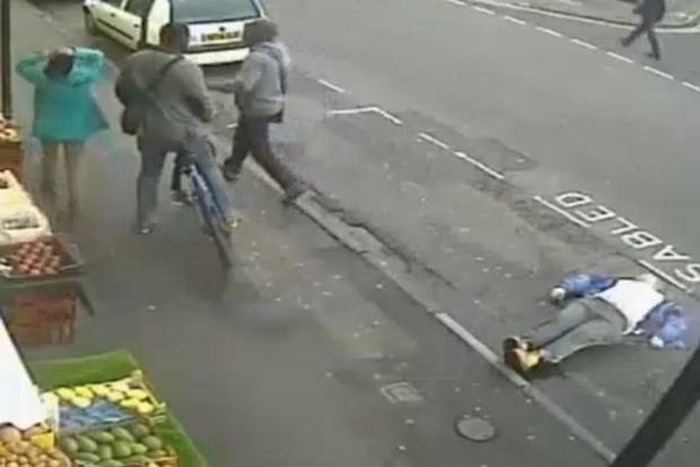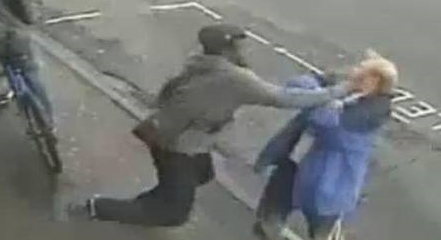Standard
May 9, 2014
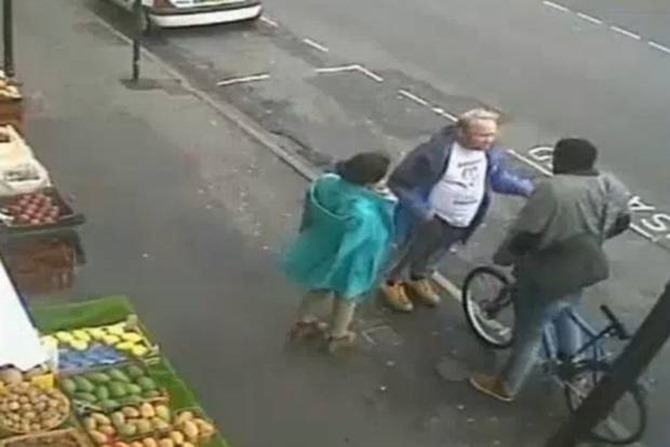
Judges today ruled that a four-year sentence given to a man who killed an Asperger’s sufferer with one-punch in an unprovoked attack was not unduly lenient.
Andrew Young, 40, died after being punched once by Lewis Gill in Bournemouth in November last year.
His sentence, imposed in February at Salisbury Crown Court, was referred to the Court of Appeal by Attorney General Dominic Grieve, who argued today that it was not a proper reflection of the gravity of what Gill did.
But three judges in London decided there should not be any change to the four years being served by Gill, 21, of Sutton in south London, who admitted manslaughter.
The incident happened outside a Tesco Metro store in Charminster Road after the victim had challenged a cyclist who was riding his bike on the pavement.
Graphic design student Gill, described as a “powerfully built young man” who had previously trained as a boxer, punched Mr Young in the face, causing him to fall backwards, hitting his head.
He suffered a fractured skull and died the next day in Southampton Hospital.
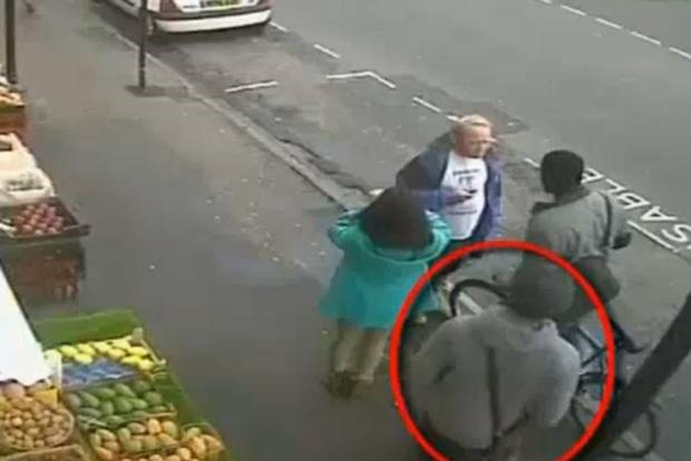
Lord Justice Treacy, announcing the decision of the court, said: “We have concluded that the sentence imposed below is not one which can be described as unduly lenient.
“Indeed, it seems to us that the sentence imposed was one within the reasonable range available to the trial judge, properly weighing the relevant factors and the guidance of this court.”
In February, Gill was given a further six months – three for handling stolen goods and another three for committing an offence during the operational period of a suspended sentence.
Lord Justice Treacy said: “We readily understand that this is the sort of case that arouses public concern.
“If there are public concerns going beyond this case then it may well be appropriate for the wider issue to be the subject of detailed consideration and consultation by the Sentencing Council in the future.
“It is open to the Secretary of State for Justice or other interested bodies to invite the Sentencing Council to do so.”
During the hearing, Mr Grieve outlined a number of “aggravating factors” in the case.
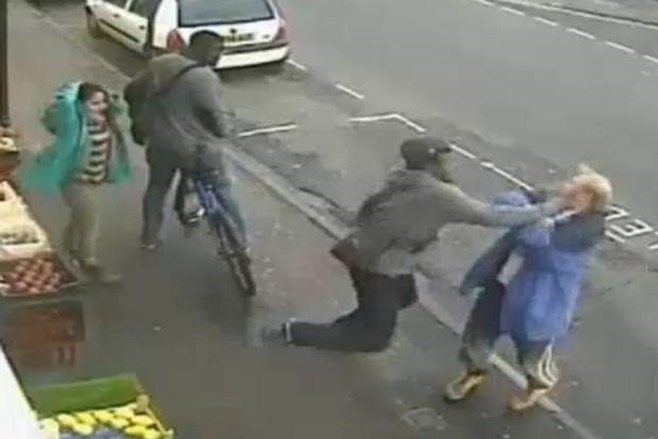
He said the victim was vulnerable because he suffered from Asperger’s syndrome, telling the court: “It is accepted that the offender had no means of knowing the detail of the victim’s condition, but it was clear from the victim’s unusual behaviour, as seen on the CCTV, that he was vulnerable.”
The punch was delivered with deliberation in a place where a “great many” members of the public were present.
